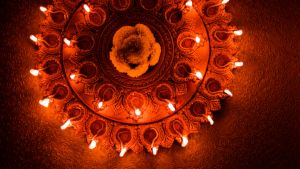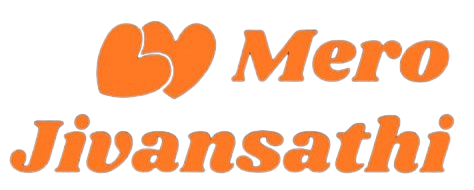For a marriage to become successful, how many guna matchings must be done?
8th January 2025

In the context of Hindu astrology, Guna matching (also known as Ashta Koota Milan) is a system used to assess compatibility between two individuals before marriage. It is based on their birth charts and assigns points based on eight key factors or "Kootas." The total maximum score is 36 points.
General Guidelines for Guna Matching:
- 18 or more Gunas: Considered a minimum threshold for compatibility.
- If 18 or more Gunas match, the marriage is typically regarded as acceptable.
- Below 18 Gunas: Generally, the match is considered less favorable, and astrologers may advise against the marriage.
- 24 or more Gunas: Indicates a highly compatible match and is often considered ideal for marriage.
Other Factors Beyond Guna Matching:
While Guna matching is important, it is not the sole determinant of a successful marriage. Astrologers also analyze:
- Mangal Dosha (Mars influence): Determines compatibility in temper and energy.
- Longevity of partners: Ensures a harmonious long-term relationship.
- Health and progeny compatibility: Examines the potential for a healthy family.
- Dasha compatibility: Checks the planetary periods affecting the couple’s life together.
It’s essential to remember that astrological matching is a guideline, not a guarantee. Personal understanding, communication, respect, and shared values play a more significant role in ensuring a successful marriage.
The Importance of Guna Matching in Marriage
Guna matching plays a significant role in traditional Hindu marriage practices, especially within the context of astrology. It is used to assess the compatibility between two individuals based on their birth charts and is believed to help predict the likelihood of a happy and harmonious marital life. The importance of Guna matching in marriage can be understood from several perspectives:
1. Astrological Foundation
Guna matching is based on the Ashta Koota Milan system, which evaluates eight factors (Kootas) between the couple. These Kootas are linked to various aspects of life such as emotional, physical, and mental compatibility. The more points (out of a maximum of 36) that match, the better the potential compatibility between the partners.
2. Key Factors Assessed
The eight Kootas assessed in Guna matching are:
- Varna (Spiritual compatibility)
- Vashya (Control and authority in the relationship)
- Tara (Health and longevity)
- Yoni (Emotional and sexual compatibility)
- Graha Maitri (Mental compatibility and friendship)
- Gana (Temperament compatibility)
- Rashi (Zodiac sign compatibility)
- Nadi (Genetic compatibility)
Each of these factors contributes to different aspects of a marriage, such as mutual respect, emotional support, sexual harmony, health, and family happiness.
3. Predicting Future Challenges
By assessing the compatibility of the couple, Guna matching can predict potential challenges in a marriage. For example:
- Mismatches in Yoni could lead to issues in physical attraction.
- Conflicts in Graha Maitri may result in mental and emotional disagreements.
- Nadi incompatibility could indicate challenges with offspring or health issues.
By identifying these potential pitfalls early, Guna matching allows couples to prepare and take proactive steps to avoid or mitigate issues.
4. Increased Likelihood of Harmony
In traditional beliefs, a marriage where both partners have a higher number of matching Gunas is thought to have a stronger chance of long-term happiness, understanding, and success. When partners are astrologically well-matched, there is often greater ease in resolving conflicts, understanding each other’s needs, and supporting each other through life’s challenges.
5. Cultural and Family Approval
In many Hindu communities, Guna matching is a requirement for marriage. It is not only a personal matter but also a family and societal concern. A positive Guna match often gives both families a sense of confidence and reassurance that the marriage will be successful. In some cultures, Guna matching is also seen as an auspicious sign for the union, further enhancing the marriage's spiritual and social significance.
6. Helps with Compatibility Beyond the Surface
While modern-day marriages may rely on personal compatibility, Guna matching goes deeper to assess compatibility at the spiritual, emotional, and genetic levels. This holistic approach aims to create a balanced union where the partners complement each other in multiple dimensions of life.
7. Guideline, Not a Guarantee
While Guna matching is important, it is essential to remember that it is a guideline, not a guarantee of success. In today’s world, many people place more importance on personal values, love, mutual respect, and understanding than astrological compatibility alone.
Conclusion
In essence, Guna matching helps ensure that the foundations of a marriage are strong, both in terms of personal compatibility and spiritual alignment. It provides a deeper understanding of how two people are likely to interact on multiple levels, potentially leading to a more fulfilling and harmonious marital relationship. However, as with any traditional practice, it should be viewed as a tool alongside other factors like mutual respect, communication, and shared goals.
If you wish to connect Astrology Guru Please get appontment Here
